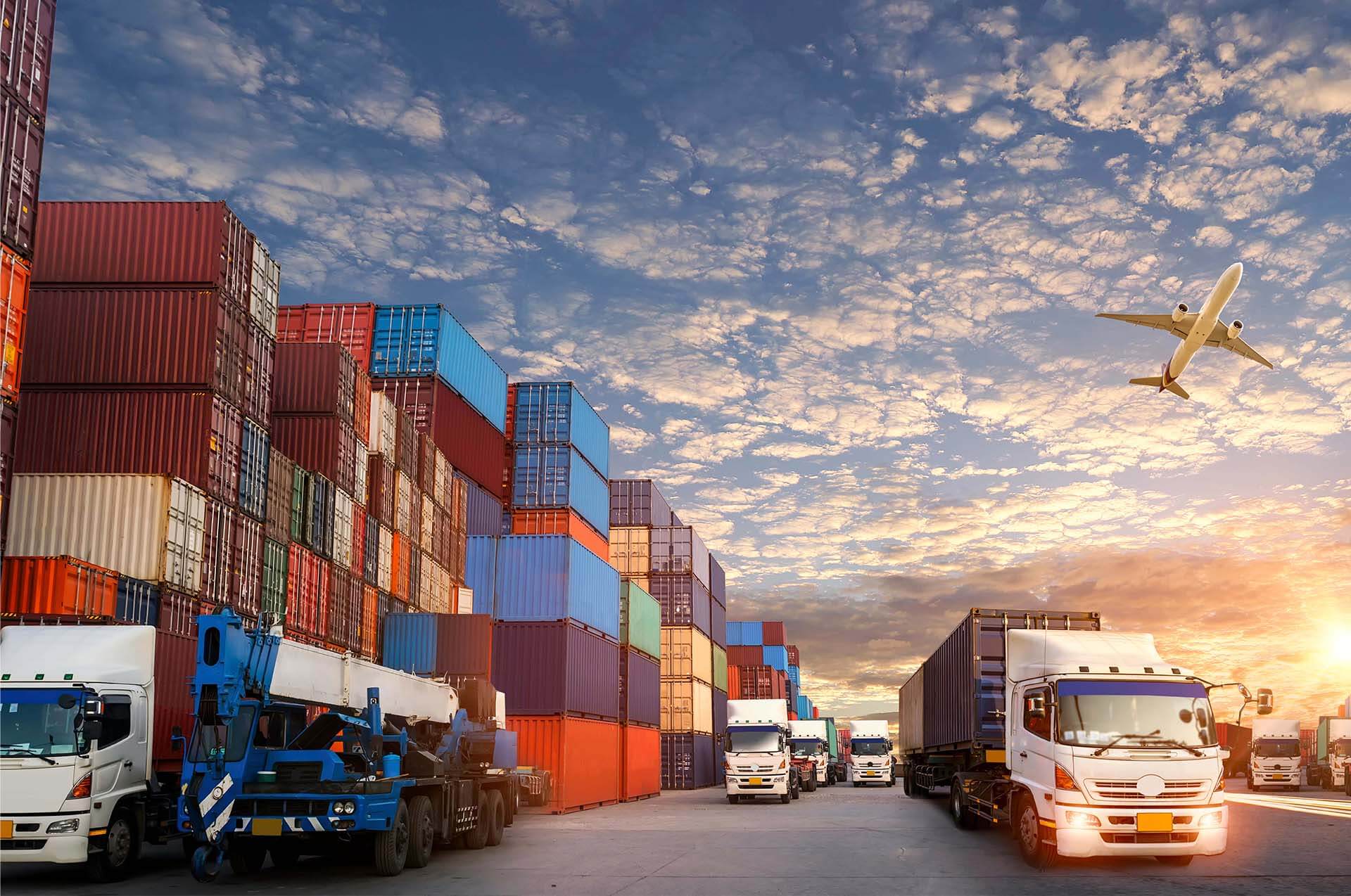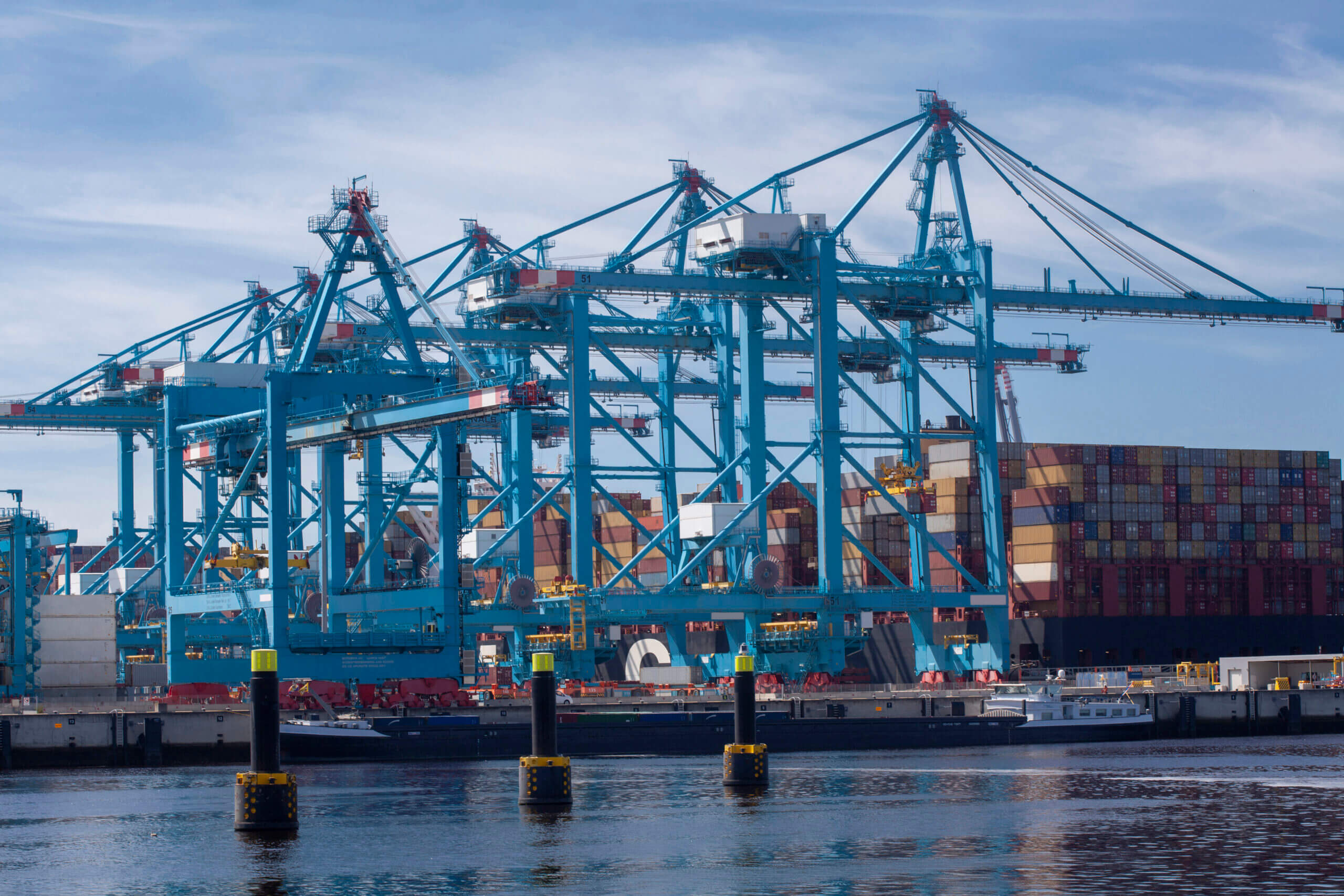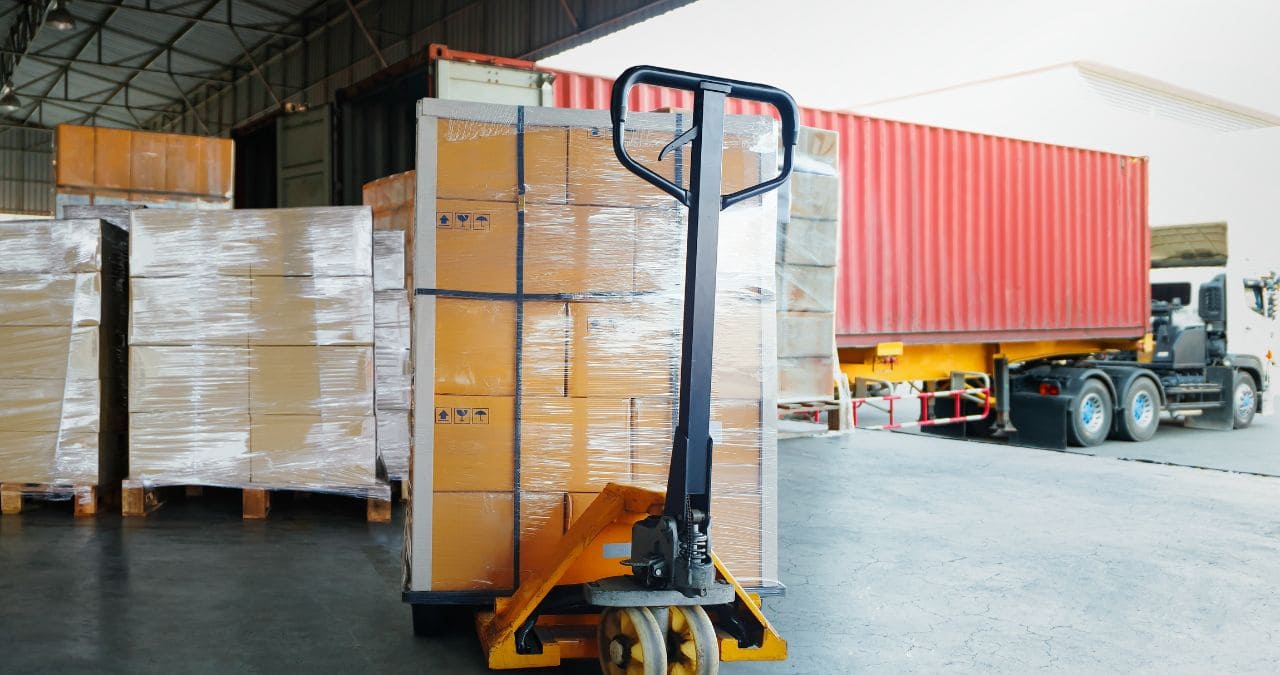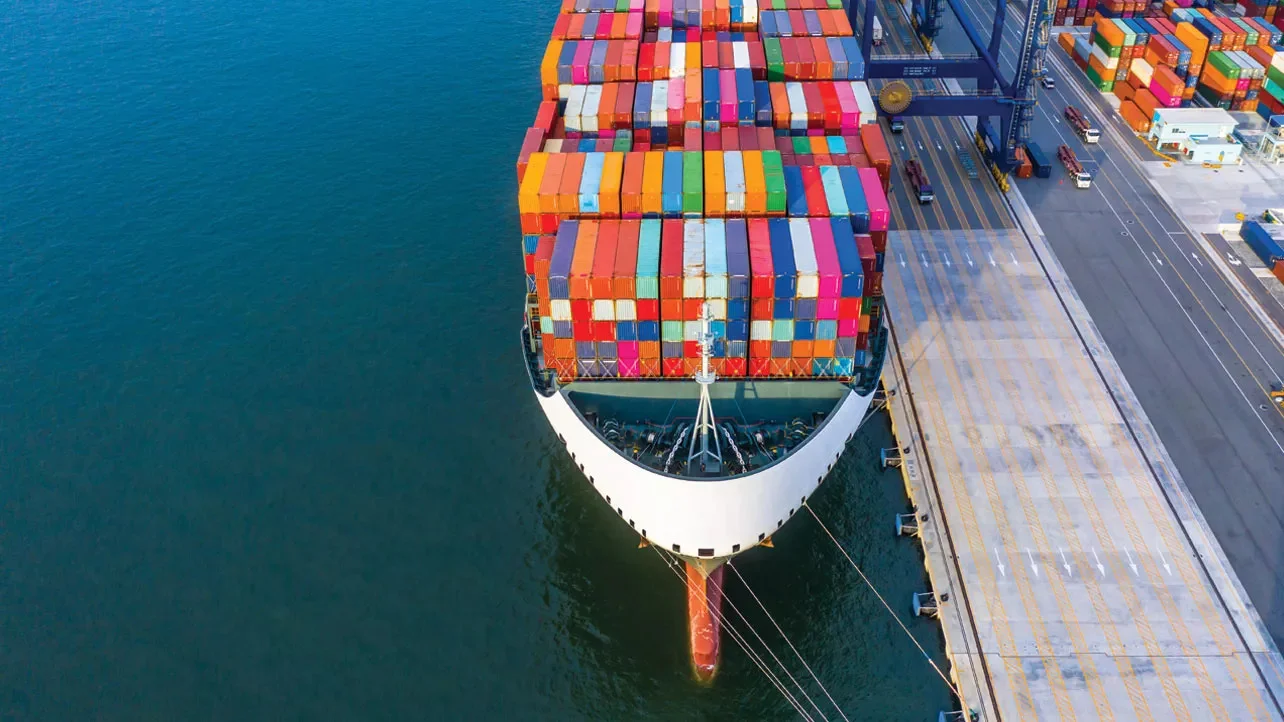
In an increasingly interconnected global economy, supply chains are crucial for the seamless movement of goods, services, and resources across borders. However, international sanctions have become a significant disruptor, creating ripple effects across industries. Sanctions, whether imposed by governments or international bodies, can disrupt trade routes, complicate logistics, and increase costs. This article explores how sanctions impact supply chains, the challenges they pose, and the strategies companies can employ to mitigate these effects.
Understanding Sanctions and Their Purpose
Sanctions are punitive measures imposed by governments or international organizations, like the United Nations or the European Union, to restrict trade, financial transactions, or access to technology. These measures are often taken in response to political, military, or humanitarian issues, such as human rights violations, terrorism, or military aggression.
Sanctions may target entire countries, specific industries, or individual entities and persons. The primary goal is to exert economic pressure to compel a change in behavior. However, the unintended consequences often include widespread disruptions to global supply chains, affecting businesses and consumers far beyond the sanctioned entities.
Key Ways Sanctions Affect Supply Chains
- Restricted Access to Critical Resources Sanctions often limit access to essential raw materials or components that industries rely on. For example, restrictions on oil, gas, or rare minerals can severely disrupt sectors such as energy, manufacturing, and technology. Companies that depend on these resources for production may face shortages or increased costs as they seek alternative suppliers.
In 2022, following Russia’s invasion of Ukraine, Western countries imposed sanctions on Russian oil exports. This led to a sharp rise in global energy prices, causing ripple effects across industries, from transportation to manufacturing.
- Disrupted Trade Routes and Increased Shipping Costs Sanctions can force companies to reroute shipments or suspend trade with specific countries. For instance, the closure of shipping lanes or airspace due to sanctions can increase shipping distances, lead to delays, and result in higher transportation costs. Shipping containers may sit idle at ports, and companies are left scrambling to find new routes that comply with international sanctions.
Additionally, freight companies operating in sanctioned countries may face restrictions on insurance, financing, or access to international ports, further complicating logistics.
- Financial and Legal Complications Sanctions often come with financial restrictions, such as cutting off access to the international banking system or freezing assets. Companies with supply chain operations in affected regions may find it difficult to process payments, access credit, or complete transactions. Furthermore, legal risks are heightened as businesses must ensure they are compliant with all relevant sanctions, which vary by country.
For example, when Iran was under strict sanctions, companies doing business in the region had to navigate complex financial regulations, including restrictions on currency exchange and access to international banking networks. Violating these sanctions, even unintentionally, could result in hefty fines and reputational damage.
- Supply Chain Fragmentation Sanctions often force companies to sever ties with suppliers, distributors, or logistics partners in sanctioned regions, leading to fragmentation of global supply chains. This creates an urgent need to find alternative suppliers, many of which may be more expensive or less reliable. In some cases, companies may need to relocate manufacturing or shift production to other countries, further increasing costs and complexities.
A prime example is the tech industry’s reliance on semiconductors from Asia. U.S. sanctions against Chinese tech companies, particularly in the semiconductor space, have led companies like Huawei to face significant challenges in accessing critical components, causing major delays in production.
- Uncertainty and Unpredictability Sanctions are often politically motivated, and their scope or duration can change unexpectedly. This creates uncertainty for companies with global supply chains, making it difficult to plan for the long term. Businesses may find themselves reacting to sudden changes in sanctions policies, which can disrupt production schedules, inventory management, and delivery timelines.
The dynamic nature of sanctions can lead to increased volatility in markets, particularly when sanctions are imposed on major global players. For instance, the ongoing uncertainty around the U.S.-China trade war and associated tariffs has left many companies in limbo, unsure of when or if normal trade relations will resume.
Examples of Sanctions Disrupting Supply Chains
- The Russia-Ukraine Conflict (2022) The invasion of Ukraine by Russia in 2022 led to severe sanctions from Western nations, including the U.S., EU, and UK. These sanctions targeted Russian energy exports, financial institutions, and major industries like steel and fertilizers. As a result, global supply chains experienced major disruptions in sectors ranging from energy to agriculture, given Russia’s role as a key exporter of wheat, fertilizers, and natural gas. European countries, which were heavily reliant on Russian energy, faced surging energy prices and had to quickly find alternative sources of supply.
- The U.S.-China Trade War In 2018, the U.S. imposed tariffs and sanctions on Chinese goods, particularly targeting the technology sector. This caused widespread disruptions for global tech companies that rely on China for manufacturing and assembly of components like semiconductors, smartphones, and computers. Many companies had to diversify their supply chains by moving production to other countries like Vietnam and India. However, the realignment was costly, and businesses faced delays and capacity constraints as they tried to reduce their reliance on China.
- Sanctions on Iran U.S. sanctions on Iran’s oil industry led to a sharp decline in Iran’s oil exports, which impacted global oil supply and prices. Industries that relied on Iranian oil, particularly in Europe and Asia, were forced to find alternative sources, often at higher costs. Additionally, international companies doing business in Iran had to deal with the complexities of navigating financial restrictions and ensuring compliance with evolving sanctions.
Strategies for Mitigating the Impact of Sanctions
- Diversifying Suppliers One of the most effective strategies for mitigating the impact of sanctions is diversifying the supplier base. Companies can reduce risk by sourcing materials and components from multiple suppliers across different regions. This ensures that if one supplier is affected by sanctions, the company can continue operations by relying on alternative sources.
- Enhancing Supply Chain Resilience Building a more resilient supply chain involves identifying potential vulnerabilities and creating contingency plans. This could include establishing alternative shipping routes, maintaining strategic reserves of critical materials, or investing in supply chain visibility technologies to monitor disruptions in real-time.
- Engaging with Legal and Compliance Experts Navigating the complexities of sanctions requires specialized knowledge. Companies should work closely with legal and compliance experts to ensure they understand and comply with all relevant sanctions. Staying informed about changing regulations and understanding the specific risks to the supply chain can help companies avoid penalties and maintain smooth operations.
- Building Local Supply Chains In some cases, sanctions may prompt companies to localize their supply chains. By producing goods closer to their markets, companies can reduce their exposure to international sanctions and avoid some of the challenges associated with global supply chains. Localizing production can also help improve supply chain agility and reduce transportation costs.
Conclusion
Sanctions have become a powerful tool in international diplomacy, but they can create significant disruptions for businesses with global supply chains. From restricting access to critical resources to complicating logistics and financial transactions, sanctions present challenges that require strategic planning and agility. By diversifying suppliers, building resilient supply chains, and staying compliant with legal requirements, companies can navigate the complexities of sanctions and minimize their impact on operations.
In an unpredictable geopolitical landscape, supply chain managers must be proactive in identifying risks and developing strategies to ensure business continuity in the face of sanctions.



